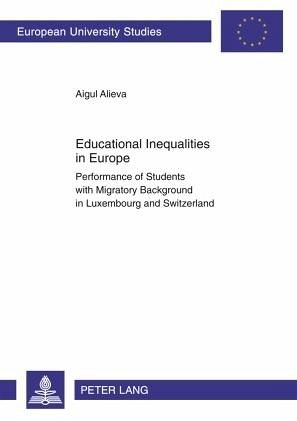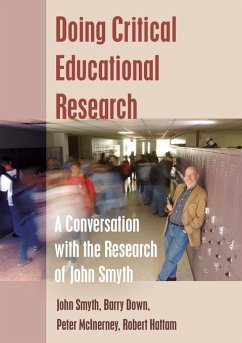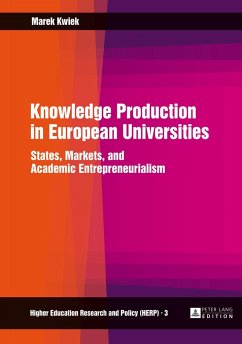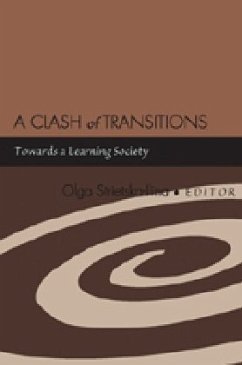
Educational Inequalities in Europe
Performance of Students with Migratory Background in Luxembourg and Switzerland
Versandkostenfrei!
Versandfertig in 6-10 Tagen
68,95 €
inkl. MwSt.

PAYBACK Punkte
0 °P sammeln!
Many foreign-born students show weak performances in Europe, educational hurdles for them seem virtually insurmountable. It is frequently claimed that the disadvantaged socio-economic situation of their families and lack of fluency in local languages are the main causes. What is frequently overlooked, though, is the role of teachers, schools, and educational systems in general. The latter effects are the main focus of this book which reviews theoretical and empirical work focused on educational inequalities and migration, and offers new insights following empirical investigation. With a major ...
Many foreign-born students show weak performances in Europe, educational hurdles for them seem virtually insurmountable. It is frequently claimed that the disadvantaged socio-economic situation of their families and lack of fluency in local languages are the main causes. What is frequently overlooked, though, is the role of teachers, schools, and educational systems in general. The latter effects are the main focus of this book which reviews theoretical and empirical work focused on educational inequalities and migration, and offers new insights following empirical investigation. With a major focus on Luxembourg and Switzerland, the study analyses the situation in Europe and compares it to that of immigration countries like Canada, Australia, and the USA. This book is of interest to students and scholars, practitioners and decision-makers working in the field of social inequalities, education, and immigration.














